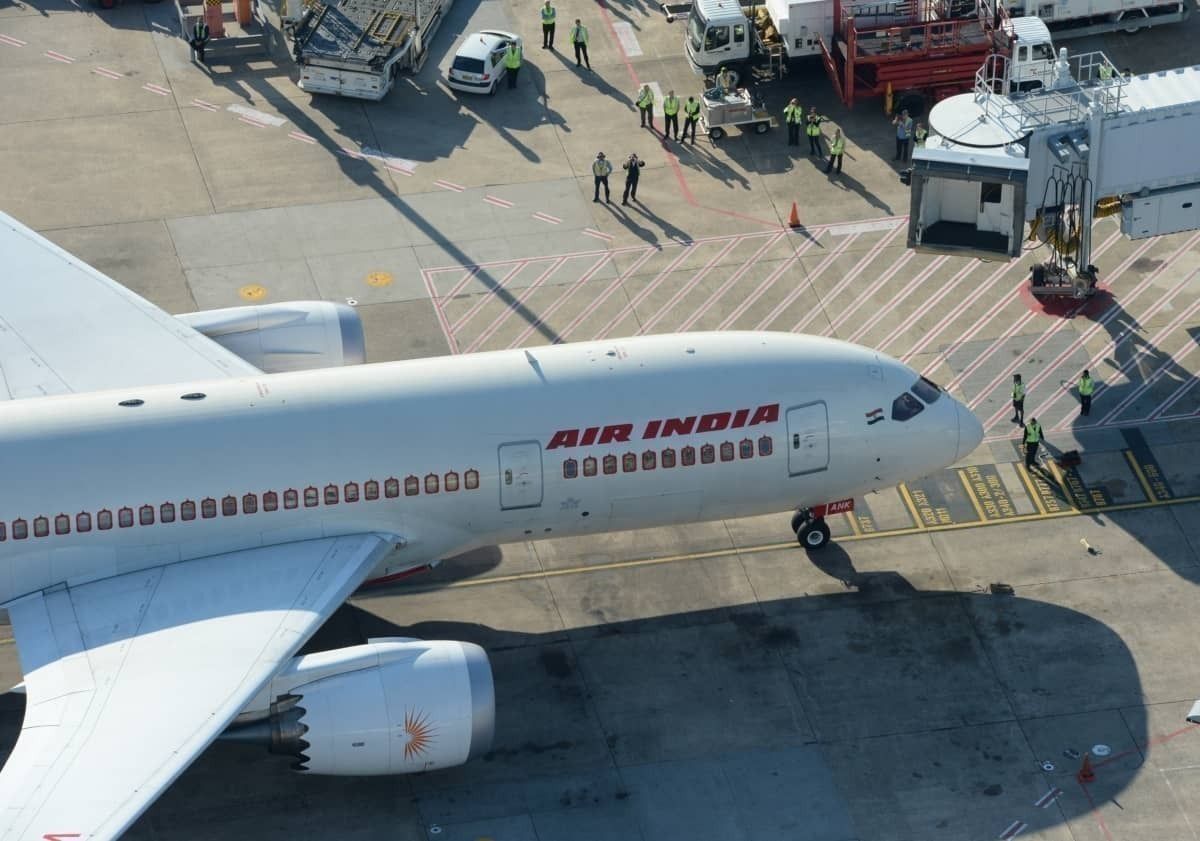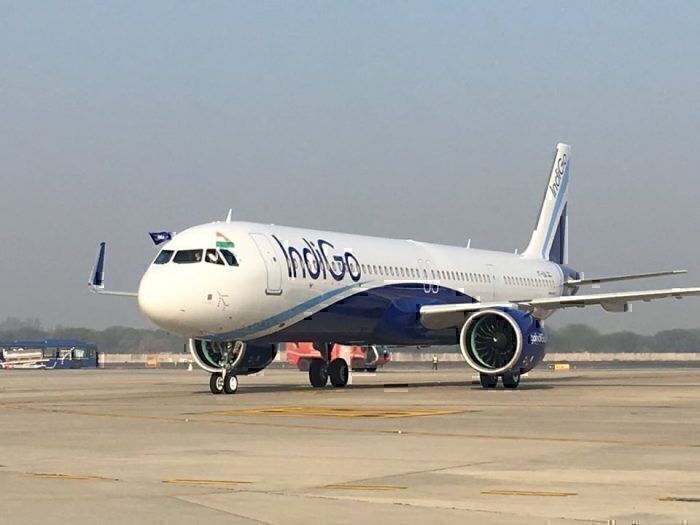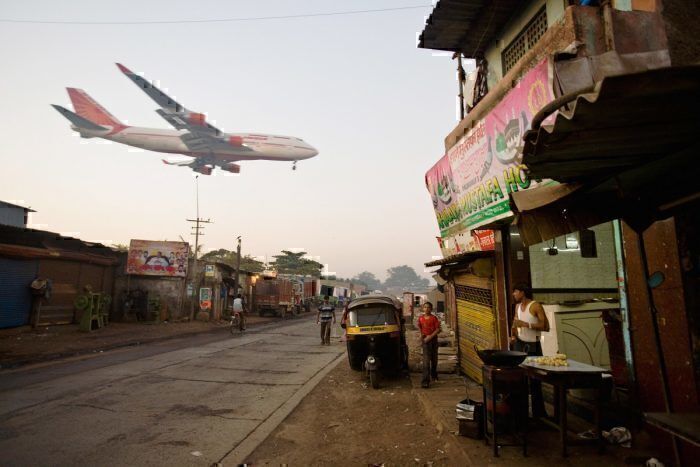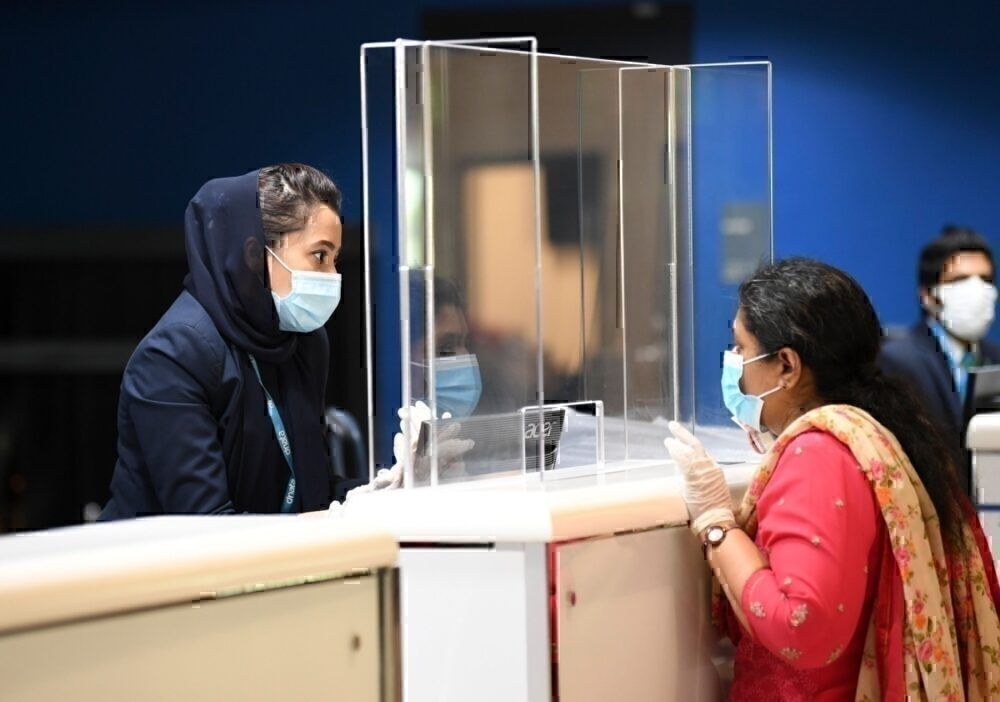India’s aviation minister Hardeep Singh Puri has announced today that domestic flights will resume in India sooner than expected. Previously slated to remain grounded until May 31st, flights will now be allowed to begin on Monday, May 25th. Airlines await further guidance on operational procedures from the Indian government.
Domestic flights begin from Monday
India’s aviation minister Hardeep Singh Puri has taken to Twitter today to announce the resumption of domestic flights across the nation. He noted that the flights would begin in what he calls a “calibrated manner†from next Monday, May 25th.
This will make it two months to the day since domestic flights ceased, with all aviation barring repatriation and cargo flights grounded on March 25th. This will come as a huge positive for Indian airlines, all of whom have been struggling under the weight of their grounded fleets and furloughed staff.
Singh Puri stated that airports and airlines would be informed prior to Monday about the resumption of flights, and that the ministry would issue standard operating procedures (SOPs). It was previously thought that flights would remain grounded until May 31st, but it appears certain relaxations are being allowed early.
Although there is no word yet on international flights, it’s certainly a step in the right direction.
Which flights will start first?
Previously, it was thought domestic Indian flights would first begin to areas given the ‘green zone’ allocation, signaling a low level of coronavirus infections. However, with many of the nation’s major centers, including Delhi, Mumbai and Bengaluru, still classified as ‘red zones,’ the practicality of following this procedure was questioned by airlines.
It is thought that now a green light from some state governments will allow flights to be operated, even from red zone areas. However, not all state governments are in support of the resumption of flights so soon.
West Bengal, in particular, had previously raised concerns around the resumption of flight operations, citing problems with allowing people from highly impacted COVID-19 areas to enter their borders. Other states, too, have voiced similar worries, but Puri has said it was not up to individual states to decide on the move.
Puri further said that it might take two to three days before Indian airlines are able to open for bookings. However, with today’s announcement, we could see tickets for sale on these flights before the end of the week.
What about the passenger experience?
While the full guidelines are yet to be issued by the ministry, passengers can expect both airlines and airports to be on high alert to control the spread of the virus. The Economic Times of India speculates that measures could involve thermal scanning of passengers, restrictions on checked baggage, earlier check-in times, and social distancing at the airport. An insider told the publication,
“A lot of points are being discussed and there are inputs being given by all stakeholders, including airport operators and security agencies. The aviation ministry in consultation with the health ministry will come up a set of guidelines soon. We are very clear that we want to entirely discourage cabin baggage and advice passengers to carry just one luggage item. More the luggage, the higher are the chances of contamination.â€
The Economic Times further says that passengers will be required to arrive more than two hours before departure and that Delhi airport already has a system set up for UV disinfection of baggage. Along with Mumbai, Bengaluru, and Hyderabad airports, Delhi is setting up thermal screening counters, both at departure and arrival gates.
Undoubtedly there will be enhanced disinfection of aircraft and likely onboard measures such as mandatory mask-wearing or even face shields. At this stage, nothing is guaranteed, but airlines will be able to advise passengers further once the ministry guidance is issued.




